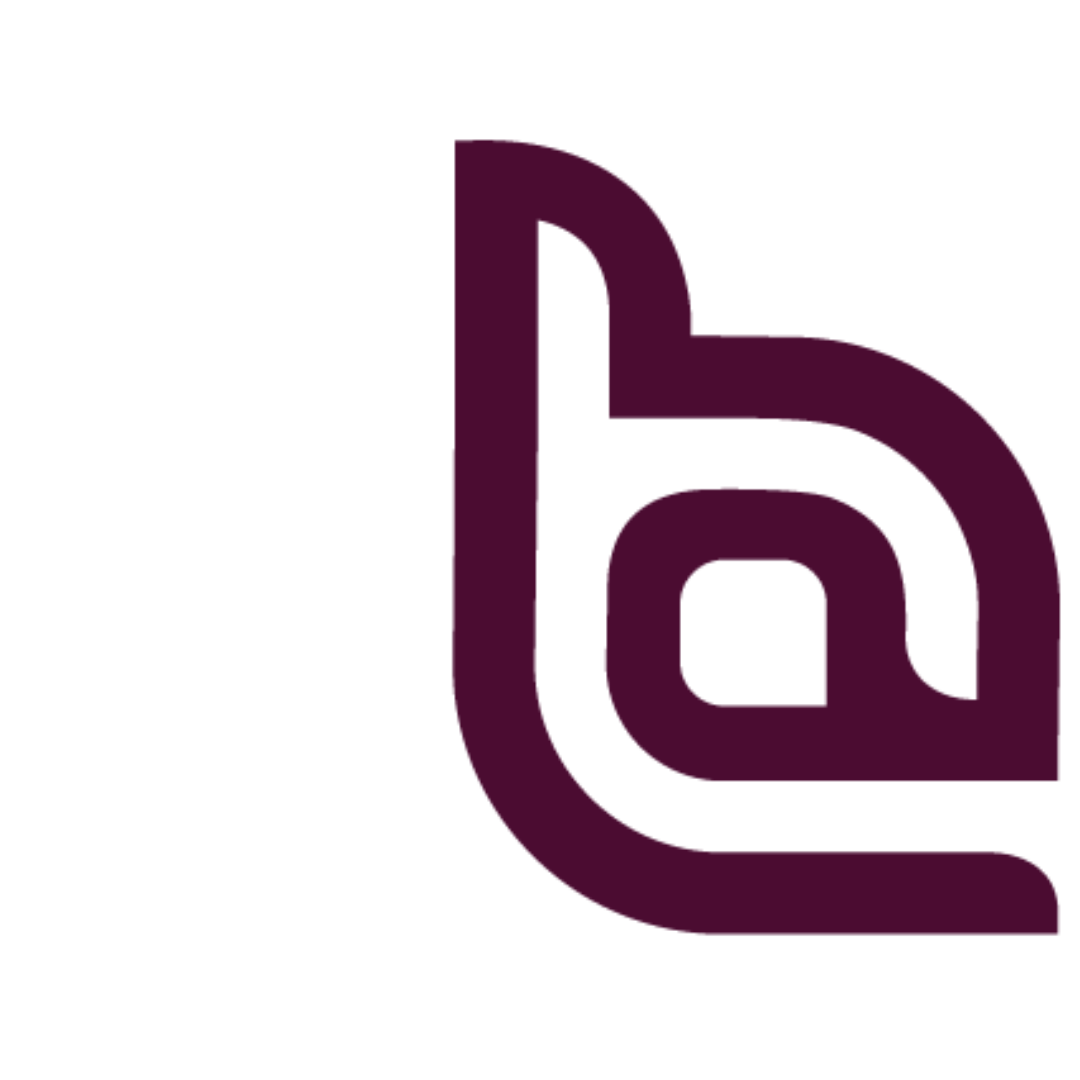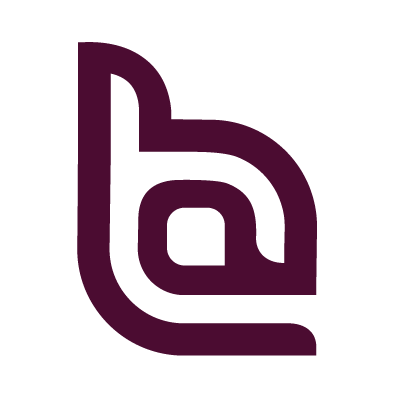Your questions about hiring a consultant, answered.
We’ve said before, game-changing results require game-changing thinking. In the digital era and in the current business climate that focuses so much on partnerships, it’s no wonder clients are upping their bench strength by tapping into the unique skill sets and brainpower of consultants to add to their already talented teams. This partnership has the capability to produce game-changing results.
The mindset of the client within this relationship is so critical to the success of a project.
To my clients I often say:
“Think of me, your event management partner, as an algorithm - the more you use me, the smarter I get at creating solutions that are perfectly fit just for YOU.”
To me, this means actively engaging in the process as a client and investing in learning all of the various skillsets your consultant can bring to the table… and leveraging them!
In an effort to dive deeper into the client/consultant dynamic and the role each participant should play, I tapped the shoulder of Tyler Massie, Owner, and Founder of Mass Effect Marketing. His consulting firm is dedicated to helping clients articulate their story to the world by first tapping into the incredible power of their own unique brand psychology.
I asked Tyler five questions about the client mindset in a client/consultant relationship. Here’s his perspective.
Question #1: Let’s start easy. Why do clients partner with subject matter expert consultants?
It always starts with a client goal, as broadly or specifically as it is defined. They have a main objective in mind which will strategically help grow their business. If this goal is innovative in any way, the resources required to achieve success will typically fall outside of their current wheelhouse. The broader the goal and innovation, the hazier it is for the client to know how to reach it.
This is where external expertise (subject matter consultants) comes in.
Subject matter experts are best able to first help the client define their goal/objective/purpose so that a tangible, actionable, and relevant plan can be established at the outset. Clients are able to tap into significant knowledge, experience, and wisdom that they simply wouldn’t be able to efficiently gain by being “experts-in-everything”.
With this leverage, they can build tactically valid, experienced-based strategies, and then execute them with confidence at each stage of the goal-achievement journey.
Question #2: What is the one thing clients fear or worry about most related to hiring consultants?
When a client hires a consultant or service provider on a project, they are hiring a process to achieve the goal. From the client perspective, their fear is primarily that the goal or target won’t be met. Clients shouldn’t have to spend their time worrying about the minutiae of “how the sausage gets made” but, what they will pay for is the trust in your ability to “get the sausage made.”
Question #3: What do you do specifically to combat or ease fears?
By having a process, and being clear and upfront about that process, the client can delegate the authority to get it done. This is, however, only the start of the dynamic. It is the consultant’s primary responsibility to manage client expectations every step of the way.
This is done through constant, transparent, and authentic communication, following the pre-established road-map or plan.
Most fear comes from discomfort in the unknown.
Question 4: What is the number one mindset clients should embrace when partnering with a consultant?
I follow the tenants of Patrick Lencioni’s Five Dysfunctions of a Team, and it’s all based on what happens after you’ve established a foundation of trust. He outlines:
Trust leads to Conflict leads to Commitment leads to Accountability leads to Results.
Two important aspects to note about this model:
1) If I asked a client who I had only just met, “what would it take for you to trust me?” that client would typically respond with “well, if over time you’ve followed through on your word, I will learn to trust you” which means there is a big function of time at play.
How can you positively influence trust immediately? The answer is by being vulnerable together, and open to being vulnerable. This then leads to the next step - conflict.
2) If clients and consultants trust each other and can be vulnerable together, they can have healthy conflict. Healthy conflict is transformative! It challenges us; forces us to grow; gets us to see other perspectives. It also makes us feel not only heard but listened to in a conversation. With all ideas openly presented and challenged, and personal stakes left behind, clients and consultants can fully and confidently move up to the next step - commitment.
See how that works?
Question 5: How do clients know when the partnership is working for them?
When they walk away from every meeting with you feeling inspired, you’re winning. That’s where the possibility of magic and transformation becomes real. It’s also where trust becomes tangible. Clients need to feel like their consultant deeply understands them, their brand, their nuances and their culture.
A consultant should be a true outside-insider: always maintaining the external perspective and “knowingness” of what’s possible, framed through the lens of the internal (company) voice and brand.
Question 6: In a consultant, what is more important: subject matter expertise, or emotional intelligence?
Emotional intelligence hands-down.
All things being equal, you can more easily gain subject matter expertise than you can emotional intelligence. EI makes a more critical difference when it is lacking. Subject matter expertise will definitely make your outcomes better, and probably the process a little easier, but emotional intelligence is where the heart lives, with passion and empathy.
Listening skills and curiosity exist in EI; a tolerance and even excitement for risk exists in EI; the desire to do more and grow together exists in EI.
In this internet age, it’s absolutely dead-simple to access and acquire subject knowledge expertise one way or another, making it more dime-a-dozen in nature, as opposed to the scarcity of high EI.
Tyler is right.
Trust is the foundation that supports all activities. Emotional intelligence and an openness to engage on both sides of the table will curate a deeply impactful and useful outcome.

